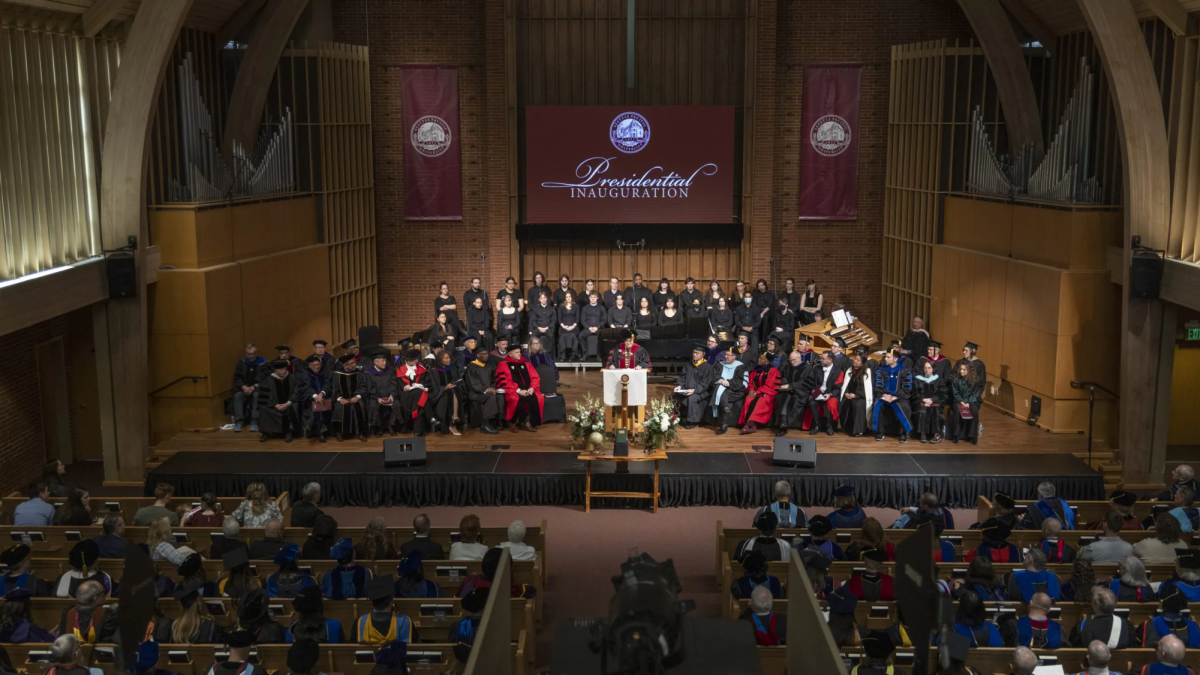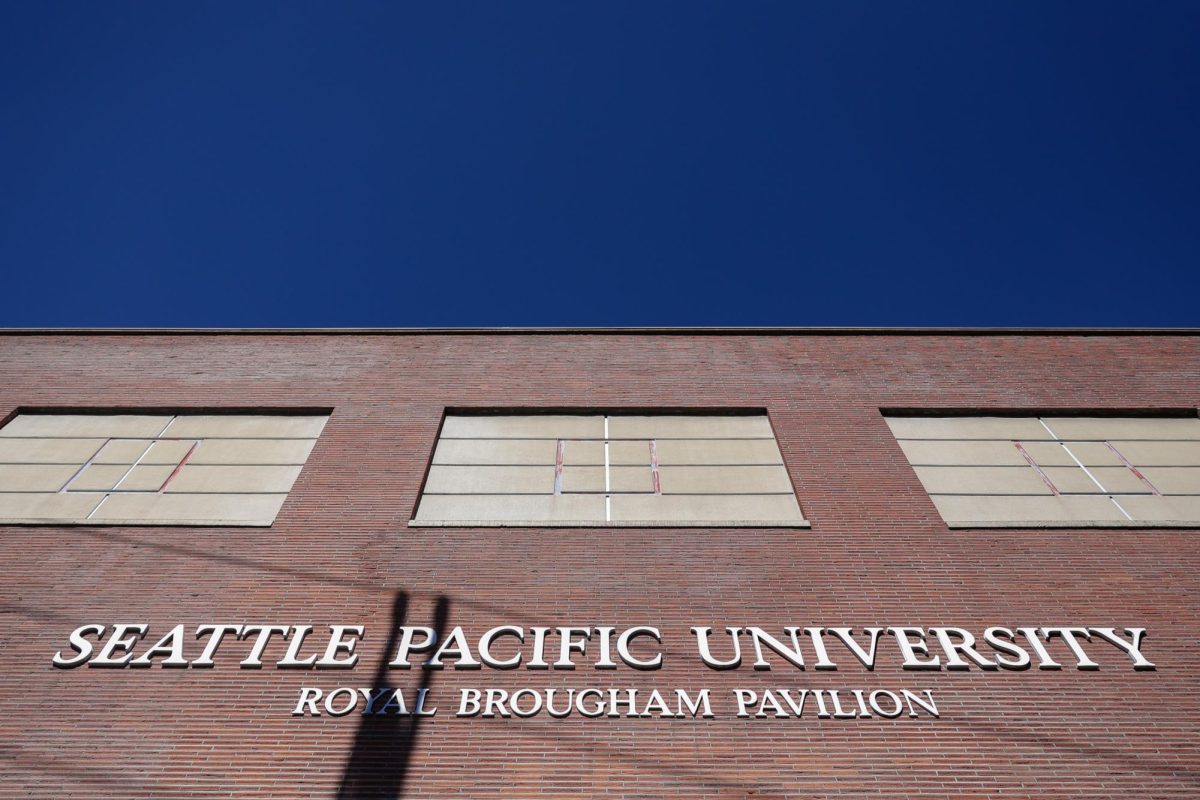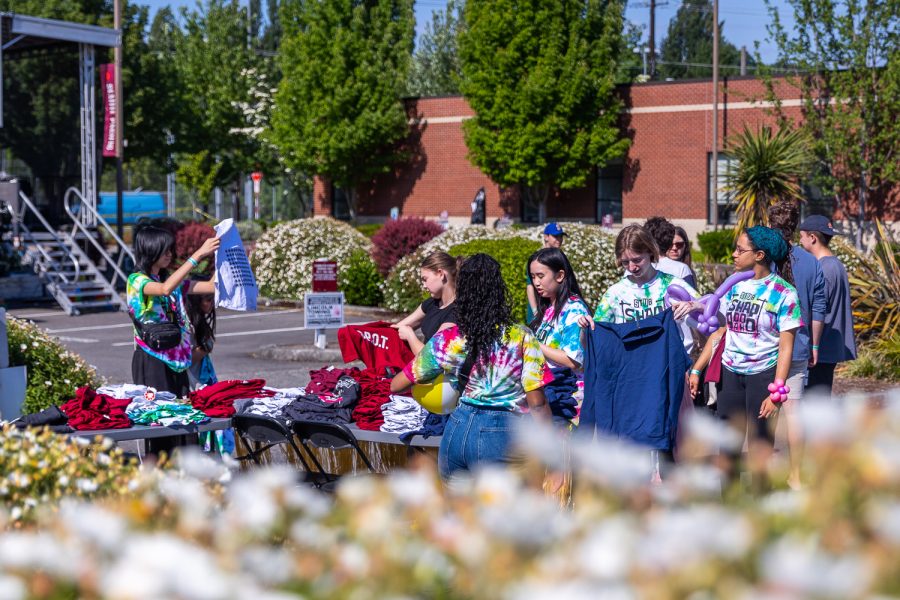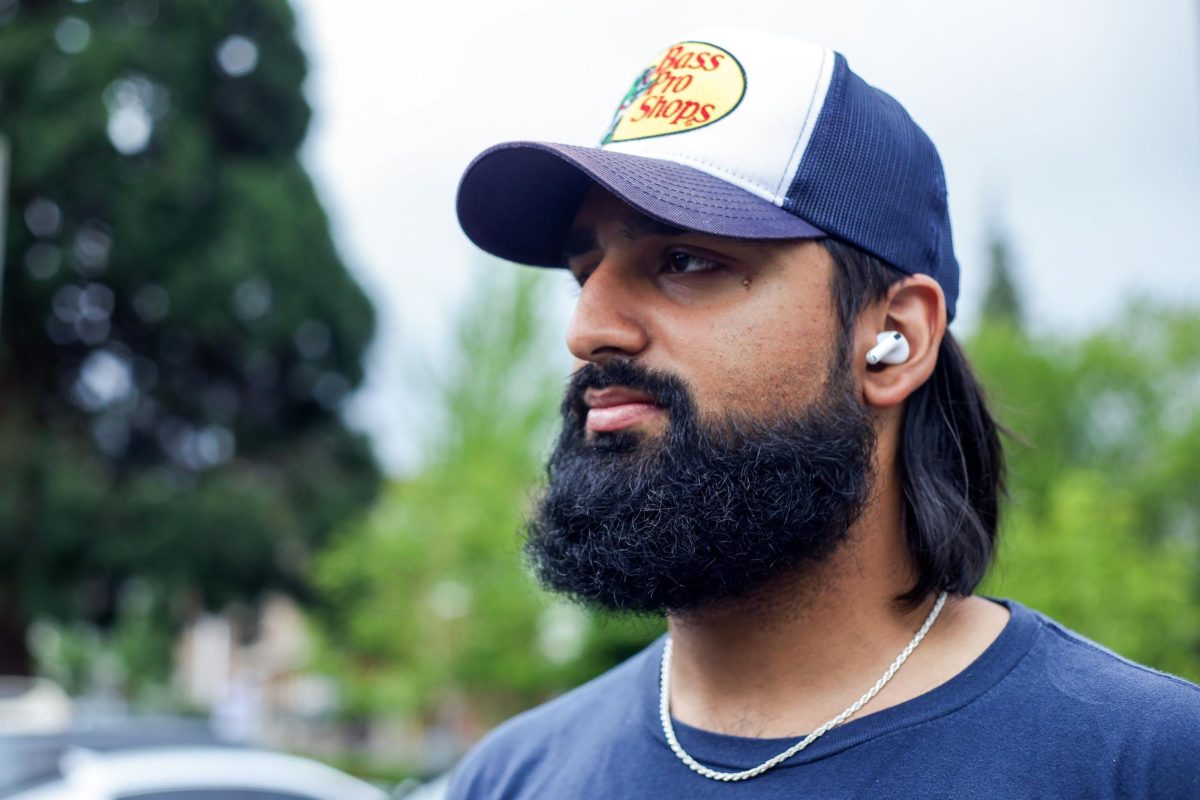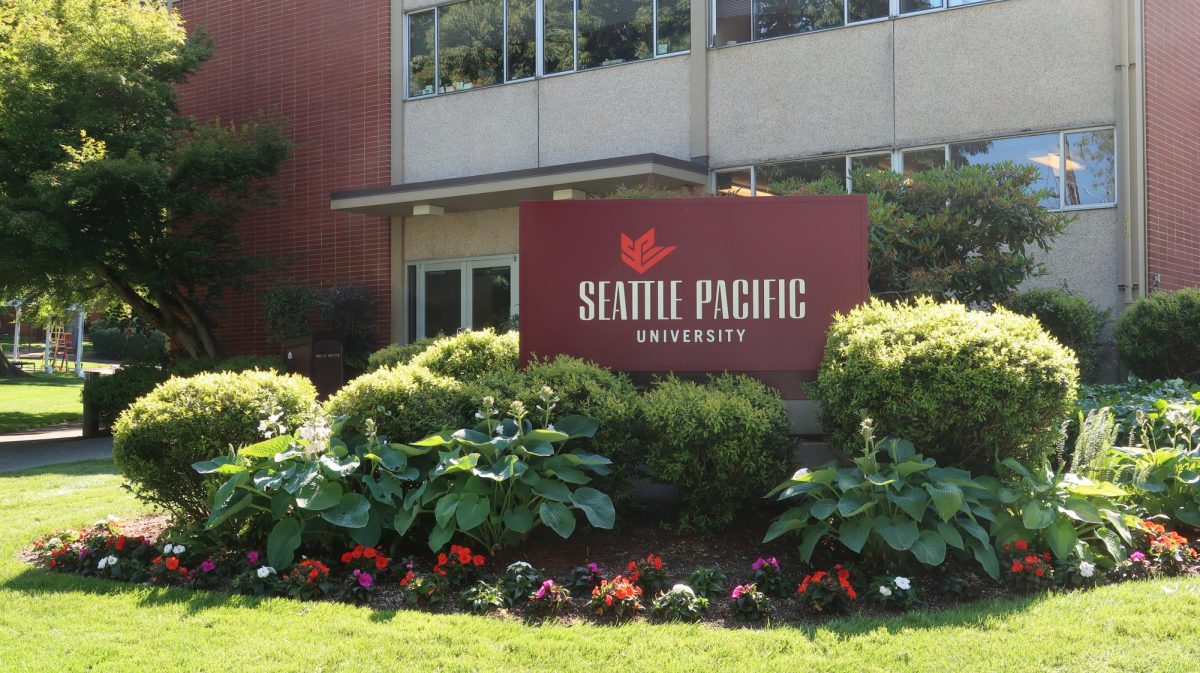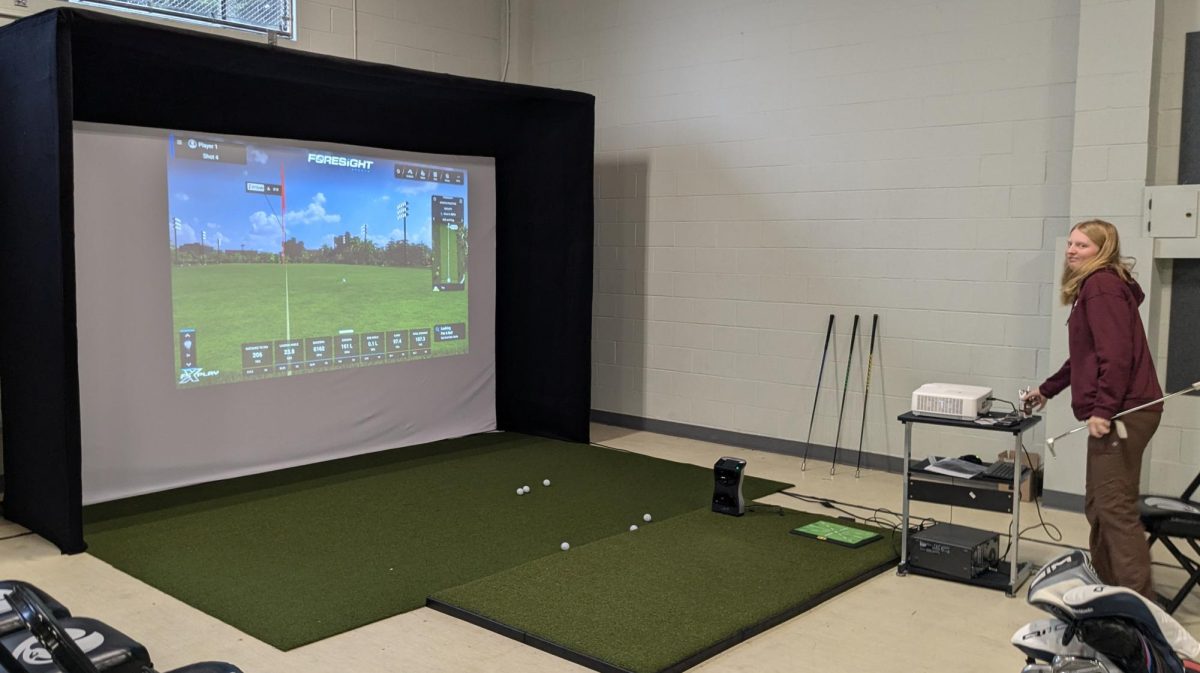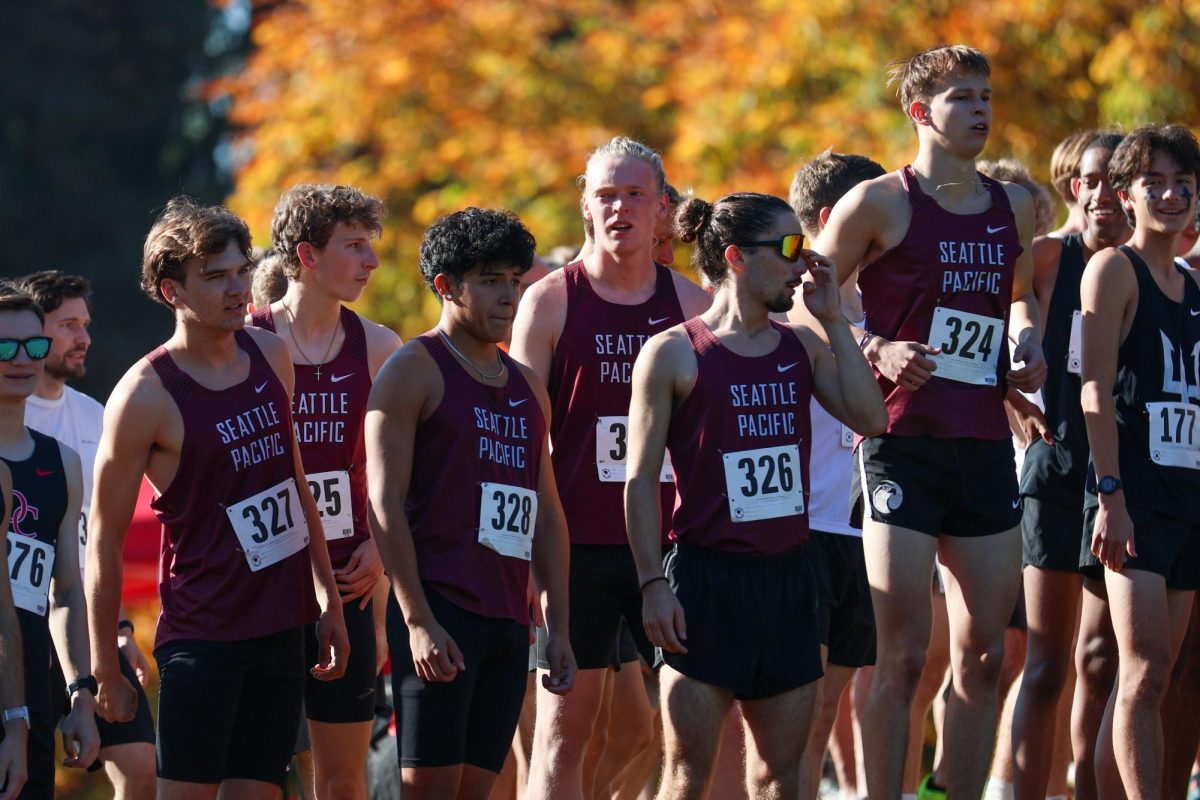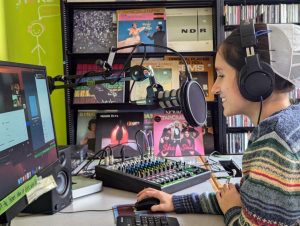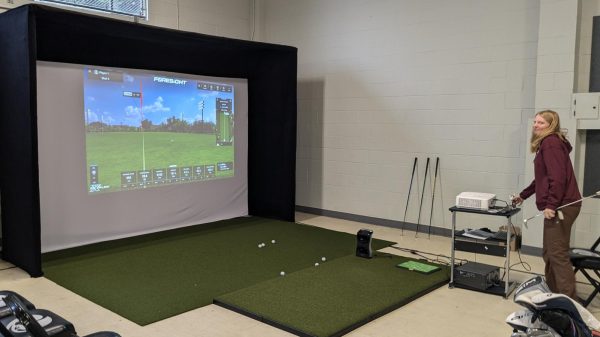Optimistic for the future
Vaccine provides hope for study abroad programs
February 11, 2021
When COVID-19 first hit, international travel was shut down. No one was coming into the United States and no one was let in from the United States. It was an important decision that needed to prevent the virus from spreading any further. But while people were worrying about canceling vacations, some college students were worried about their chances to study abroad.
Concerns toward international travel now are understandable, but those concerns should not keep people from venturing into the world. The world needs to keep turning. If people are cautious about their health when they travel, then there is no reason not to go.

The study abroad program at Seattle Pacific University believes that “an educational experience abroad is intended to enhance a student’s overall educational endeavors at SPU and provide opportunities for intellectual and personal growth.”
The main reason students want to visit another country is to expand their horizons. Living in a different country, even for just a couple of months, can change someone’s life. Students jump into a new lifestyle and culture; your mind is open.
The partner programs that SPU has for study abroad consists of 17 countries; among them are: China, Costa Rica, Czech Republic, Germany, Italy, Jordan, Morocco, New Zealand, Spain, and Thailand.
Any chance to go to any of those countries would be an adventure of a lifetime, but unfortunately, many students were denied that opportunity last year. All study abroad programs were canceled in March 2020, and students who had already paid application fees were offered refunds or postponements.
But fortunately, due to progress with vaccine distribution around the world, applications for faculty-led programs and semester programs for study abroad 2021-2022 are now open to students.
“Without the vaccine, I don’t think we would have gone forward with the 2021-2022 programs,” said Annie Gray, study abroad program manager for SPU.
Traveling is becoming an option again; for students who have dreamt of studying abroad, it’s an option that they should take.
For months, the world has waited for the vaccine; the vaccine gives hope that one day we will achieve some amount of normalcy. The vaccine may make the opportunity for study abroad possible, but there are still so many questions and factors that have to be taken into account.
The program needs to see if the borders are open and if they’re open to US travelers. Vaccine distribution must be checked, along with hospital capacity. It also needs to be determined if vaccines are required and if there are required quarantine periods. Each country is different, that’s why the partnerships within these programs are extremely important; they keep the study abroad program up to date with information that will help them make important decisions.

Depending on the country, naturally, there will be different types of restrictions. If it isn’t a required negative COVID-19 test, it’s a two week isolation period. But for an opportunity to live in a foreign country, it’s worth it. There is always some type of risk when it comes to traveling, but that doesn’t mean people should steer clear of it from now on. If vaccine distribution is effective, and the vaccine makes traveling a possibility again, take the necessary measures and go for it.
Traveling will never be the same but people are taking precautions necessary to achieve it. The Center for Disease Control and Prevention recently updated their information toward COVID-19 and international travel.
“On January 12, 2021, CDC announced an order requiring all air passengers arriving to the US from a foreign country to get tested no more than 3 days before their flight departs and to present the negative result or documentation of having recovered from COVID-19 to the airline before boarding the flight,” stated the CDC website.
With COVID-19 hovering over our daily lives, Gray believes that participation in the study abroad programs will definitely be low; people are hesitant to apply. Students are concerned that even if they apply, COVID-19 could become an obstacle again. Their thinking is, “Why apply? It might just shut down again.” They’re also concerned that they could contract the virus overseas and not get the attention they need.
There’s always going to be more fear about traveling from now on, but without the vaccine; we would still be restricted from other countries.
Going to a different country, learning a new language, meeting new people, embracing a whole new culture, and by doing so enhancing your career opportunities is an opportunity that many college students want to take advantage of. There’s a whole world out there that students need to see. There will be precautions to travel safely, the vaccine will be distributed, it will be okay to travel. There is no need to be afraid of traveling again as long as you’re not careless about your health. COVID-19 will not be eradicated, but it can be controlled; so as long as the CDC and vaccine permits, it’s time to hop on a plane.


